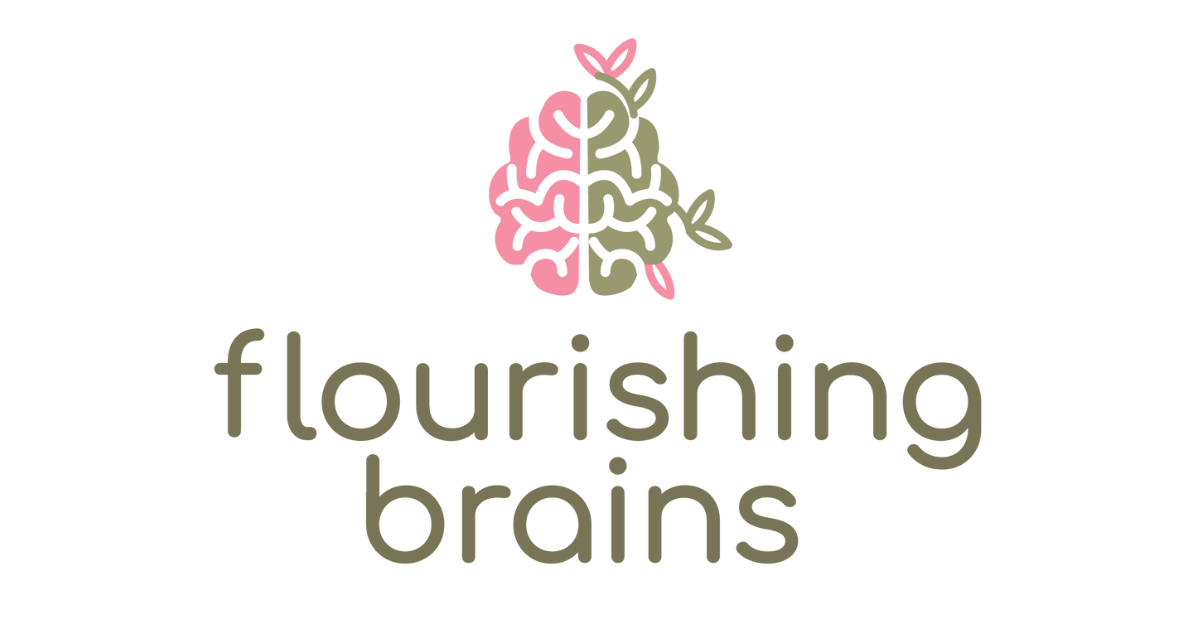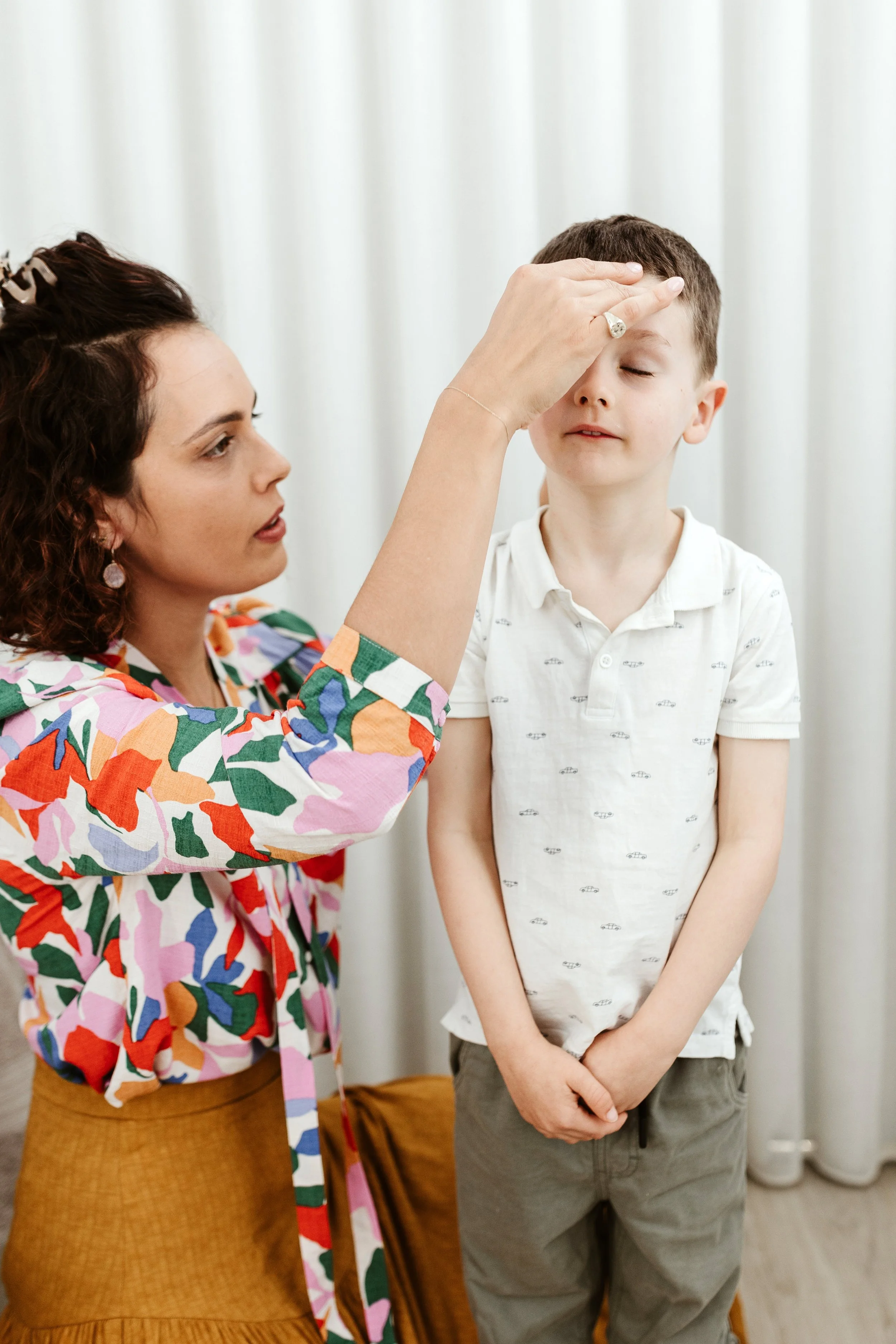The Foundation of Brain Development
Primitive Reflexes
Primitive reflexes are automatic movements babies are born with to help them survive their early months outside the womb. As a baby’s brain matures, each reflex should naturally integrate. When they don’t, a child’s development may be impaired, affecting coordination, focus, learning, behaviour, and even emotional wellbeing.
You’ve probably seen some of them in action, like when a newborn startles with a loud noise (Moro reflex), grasps your finger tightly (Palmar reflex), or turns toward touch on their cheek (Rooting reflex).
These reflexes are meant to be temporary. As a baby’s brain matures, each reflex should naturally integrate (disappear), making way for more purposeful movement, learning, and emotional regulation. Just like we expect babies to roll, crawl, or walk at certain stages, reflex integration is part of the natural developmental blueprint.
Sometimes, however, these reflexes don’t fully integrate. When they linger beyond their expected timeframe, they can create hidden roadblocks in a child’s development, affecting coordination, focus, learning, behaviour, and even emotional wellbeing.
At Flourishing Brains, we help identify and address these underlying challenges, guiding your child through their brain balancing journey and supporting them as they unlock their full potential.
Our role isn’t to correct. It’s to connect.
To meet each child where they are, and walk with them toward what’s possible.
Signs of Retained Reflexes
We often see retained reflexes contributing to challenges such as:
Sensory sensitivities or emotional reactivity
Trouble sitting still, focusing, or following instructions
Delayed motor skills, poor handwriting, or clumsiness
Sleep struggles, digestive issues, or stress behaviours
Diagnoses like ADHD, ASD, dyslexia, tics, OCD, and more
Examples of Common Retained Reflexes
Moro Reflex: Heightened anxiety, poor sleep, sensitivity to sound/light
Palmar Reflex: Poor fine motor control, handwriting issues, nail biting
Babinski Reflex: Delayed walking, tripping, discomfort in feet
Rooting Reflex: Oral fixations, persistent thumb sucking, feeding challenges
Galant Reflex: Constant fidgeting, distraction, bedwetting, clothing sensitivities
ATNR (Asymmetrical Tonic Neck Reflex): Never crawled properly, coordination issues
What does Flourishing Brains do?
At Flourishing Brains, we assess your child’s primitive reflexes to understand how they may be impacting their development. If reflexes are retained, we create a custom therapy plan to gently integrate them – often combining hands-on therapies, home-based exercises, and sensory-motor stimulation.
Collaboratively, we work with you and your child to integrate their reflexes, promote brain balance and connection, and unlock their natural ability to grow, regulate, and learn.
Learn more about our process here.



